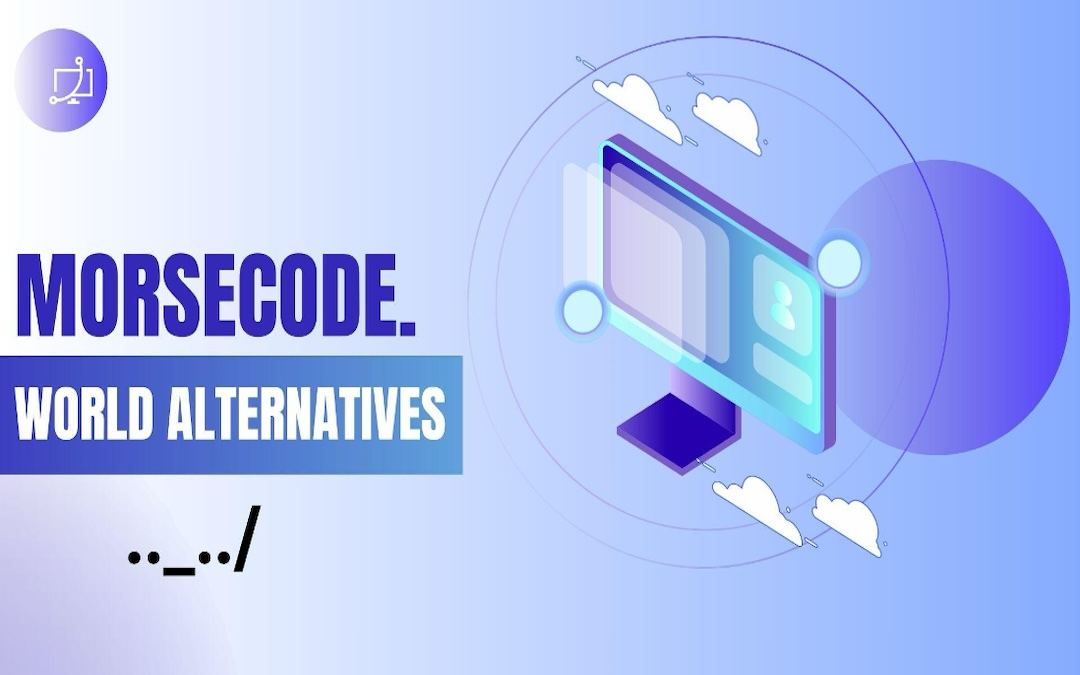
Content marketing has become an essential strategy for businesses aiming to connect with their audience and customer loyalty. Unlike old traditional advertising, content marketing focuses on giving value through informative and solution-oriented content that benefits the audience. This way creates a foundation for long-term customer relationships, which are beneficial for business sustainability and growth.
Content marketing is all about creating and sharing relevant information. Updating content to attract and engage a specific audience is the goal. Therefore, content can take various forms, such as blog posts, social media updates, videos, and podcasts.
Another major benefit of content marketing is the ability to personalize your messaging. By sharing content that connects with your audience, you make them understand their interests and concerns. When people feel like a brand truly “gets” them, they are far more likely to remain loyal and engaged.
How Content Marketing Fosters Long-Term Customer Loyalty
Content marketing is important for building customer relationships, by creating collaborations between brands and their audiences. Companies that prioritize high-quality content see nearly 6 times higher conversion rates compared to those that do not engage in content marketing. This effectiveness contributes to improved customer retention and loyalty. Following are some of the key ways in which marketing achieves this goal.
1. Educating and Informing Customers
As we have discussed, content marketing is all about sharing valuable information and insights. It helps customers understand products, services, and market trends. The educational perspective of marketing builds trust and credibility, which automatically increases customer loyalty.
Let's take an example of a Salesforce company using content marketing to gain customer loyalty. It offers a diverse range of educational resources, webinars, and detailed guides that truly focus on customer relationship management (CRM).
Salesforce stands out because of its unique approach, which not only enhances brand loyalty but also encourages users to rely on it for their business operations.
2. Creating Personal Connections
We all know that content marketing and social media marketing are about engaging your audience, giving the right knowledge, and building trust and loyalty.
Apart from this, it also engages with its audience and customers with the help of case studies, storytelling, and highly relatable content. Therefore, this tactful approach strengthens customer relationships and improves engagement.
3. Providing Ongoing Support
Brands can use content marketing to provide customer support to solve their issues on time and provide instant support through FAQs, social media posts, video tutorials, and other resources. This strategy not only empowers customers but also enhances their experience and builds trust.
4. Consistency in Engagement
A consistent marketing strategy ensures that customers receive updates and valuable insights. The ongoing engagement keeps the brand at the forefront of customers' minds and reinforces the relationship gradually.
5. Promoting Customer Referrals
The core purpose of effective content marketing is to encourage referrals by showcasing the benefits of the brand. When a customer feels highly motivated, informed, and valued, they recommend the brand or services to their friends, colleagues, and family, which directly enhances brand loyalty.
6. Content Personalization
Customizing content to attract a specific audience significantly enhances the experience of the customer. Also personalized content includes targeted emails and recommendations which shows that the brand can understand the audience quite well. This develops a sense of belonging which strengthens customer loyalty.
The Difference Between Short-Term Retention and Long-Term Loyalty
Short-term retention and long-term loyalty are two different concepts when it comes to customer relationship management, each fulfilling different roles in the company's strategy for nurturing and enhancing customer relationships.
What is Short-Term Retention?
Short-term retention refers to the ability of a company to keep customers engaged or satisfied shortly after their first purchase. The primary focus is on maintaining interest and preventing customers from leaving or becoming disengaged soon after their first experience.
Key Elements of Short-Term Retention
- Follow-Up Communication: Timely follow-up on emails, checking requests for customer feedback, and reminders are a great way to enhance engagement.
- Immediate Satisfaction: Businesses try to make a strong first impression to satisfy customer needs.
- High Engagement: Active customer support service is very important in solving customer concerns and issues that occur during their work.
- Incentives: Offers, discounts, promotions often attract customers and are commonly employed to encourage repeat interactions.
Benefits of Short-Term Retention:
- Effective short-term retention strategies help minimize customer loss following initial acquisition.
- By promoting repeat purchases, businesses can quickly recover their marketing investments.
- Short-term retention provides an opportunity to build stronger, long-lasting connections with customers over time.
What is Long-Term Loyalty?
Long-term loyalty is a customer’s ongoing commitment and attachment to a brand over a prolonged period of time, often leading to consistent purchases. Long-term loyal customers develop a bond and trust with the brand that transcends immediate transactions.
Key Elements of Long-Term Loyalty:
- Emotional Connection: Customers develop a genuine trust toward the brand.
- Consistent Engagement: These customers maintain to engage with and purchase from the brand, often for years.
- Brand Advocacy: Long-term loyal customers often refer others and actively promote the brand without incentives.
Benefits of Long-Term Loyalty:
- Long-term loyalty results in higher overall revenue generated from each customer over their lifetime.
- Loyal customers' repeat purchases minimize the necessity for extensive marketing efforts to attract new customers.
- Positive Word-of-Mouth Marketing: Loyal customers frequently share their positive experiences, generating organic referrals and enhancing brand reputation.
- Revenue Stability: A loyal customer base provides consistent and predictable revenue generation for the business.
Case Studies: Successful Content Marketing Campaigns
1. HubSpot
HubSpot has established itself as a leader in content marketing by consistently producing high-quality resources such as blog posts, ebooks, and webinars. Their content strategy revolves around educating their audience about inbound marketing principles while providing practical tools and tips.
2. Patagonia
Patagonia is a renowned outdoor clothing brand committed to environmental sustainability. Their unique way of storytelling, activism, and addressing environmental issues makes them stand out. Patagonia has established a strong brand reputation and a loyal customer base.
3. Buffer
Buffer, a well-known social media management tool, has built a loyal following by consistently delivering high-quality content on social media marketing. They post expert tips, industry insights, and behind-the-scenes looks at their company culture. By establishing themselves as thought leaders in the social media space, Buffer effectively attracts and retains customers.
Final Thoughts
The future of content marketing looks promising, but it will demand adaptability and innovation to stay ahead. As consumer behavior changes, content marketing strategies must evolve accordingly and businesses can build strong brand loyalty and long-term customer relationships.
The lasting value of content marketing lies in its ability to inform, educate, and entertain. By delivering value to their audience, businesses can establish themselves as trusted sources of information and build a loyal following. As technology evolves, new opportunities for content marketing will emerge. By staying ahead of the curve and embracing emerging trends, businesses can maximize the impact of their content marketing efforts.
Share this post
Leave a comment
All comments are moderated. Spammy and bot submitted comments are deleted. Please submit the comments that are helpful to others, and we'll approve your comments. A comment that includes outbound link will only be approved if the content is relevant to the topic, and has some value to our readers.



Comments (0)
No comment